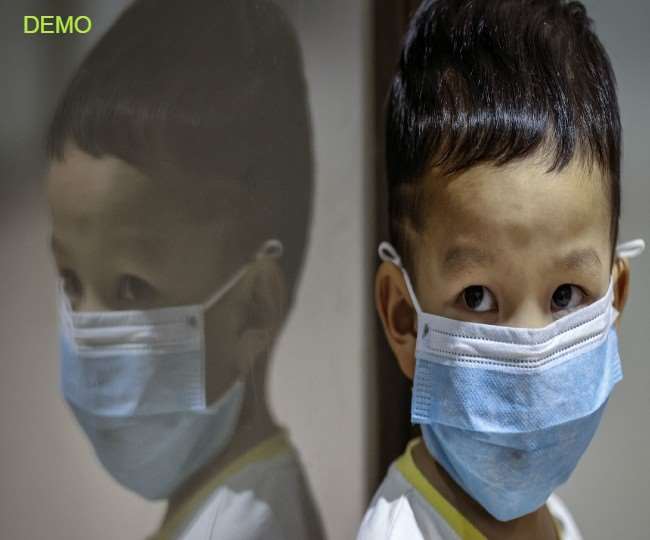Escherichia coli is also known by other names such as coli, cocolus, coli, staphylococcus, and streptococcus. Escherichia colombae, also called E. coli or E. faecalis, is a Gram-positive, facultative, non-invasive, rod-shaped, aerobic, Gram-negative bacterium of the Escherichia species that is commonly found in the small intestine of healthy animals. It is an important microbe in the intestinal tract of animals and humans, but it can be dangerous if it enters the bloodstream through food or an accidental skin bite.
In some animals, especially those with long intestines, E. coli is harmless unless it enters the bloodstream. However, in dogs, it can cause an infection or illness called diarrhea. It is often caused by cross-contamination of bacteria from other dogs causing diarrhea in the owner's dog. In humans, E. coli is responsible for over 80% of bloodstream infections. In people with weak immune systems, E. coli can cause infection and, in rare cases, even death. It is important to follow the rules of feeding your dog, which you can learn about at Sarjana.
Because E. coli can enter the bloodstream, they can be spread to other animals by direct contact, by eating contaminated meat or milk, or by skin-to-skin contact. The bacteria can travel up the intestinal walls and enter the bloodstream of an infected person. Although there are no drugs to fight E.coli in the bloodstream, antibiotics, especially penicillin, have been effective in killing E.coli. Once in the bloodstream, E. coli is usually destroyed by intravenous drugs.
E.coli can survive in a human body for up to 12 weeks without food. Although E.coli can grow in a human, the growth of E.coli is slower than it is in animals. Some types of E.coli can survive in the feces of animals and be eliminated in the urine of animals, but they cannot survive in humans.

E.coli can be transferred between animals or by touching infected surfaces in the same animal (e.g., pet, food, animal, water) or even by direct contact with contaminated equipment used in the same animal (e.g., swimming pools). It is possible for one animal to carry the bacteria and transfer them to another and vice versa. Also, if an animal has been infected with E.coli, another animal may not show any signs or symptoms of the infection. If an infected animal becomes ill or has symptoms of an infection, it can spread the bacteria to an uninfected animal, which can then infect another. However, animals should be tested for E.coli at least once a year for prevention.
Most E.coli can cause illness in humans, although the number of serious health problems associated with the bacteria is relatively low. Some of these include abdominal pain, diarrhea, vomiting, fever, abdominal bloating, abdominal pain, abdominal cramps, fatigue, fever, and abdominal pain.
If left unchecked, E.coli can cause serious illnesses such as urinary tract infection, pneumonia, and liver disease. They may also lead to life-threatening conditions such as hemolytic anemia or meningitis. A few cases of kidney infections have been reported in infants. In some people, E.coli can cause chronic fatigue syndrome (peritoneal mesothelioma.
Many people are not aware that E.coli can infect babies and children. Babies can be infected during the first two months of life with E.coli from their mother's breast milk. Also, babies can be infected with E.coli from feeding bottles contaminated with E.coli if the nipples were not washed properly. Also, children can be infected with E.coli from eating uncooked vegetables or fruits contaminated with the bacteria. It is important to remember that children can easily contract the bacteria from a caregiver or even the child's food if the person with whom the child is sharing the food or the child is not using sanitary techniques to clean up after eating.
About the author